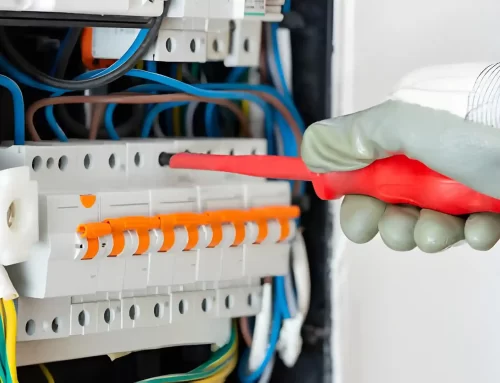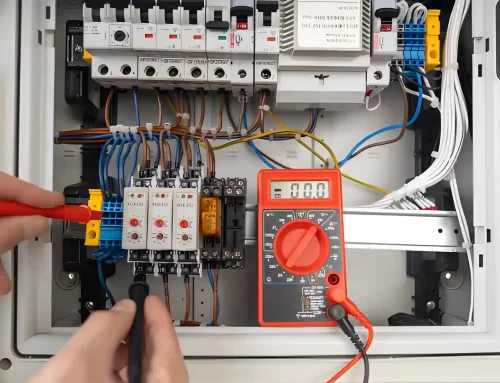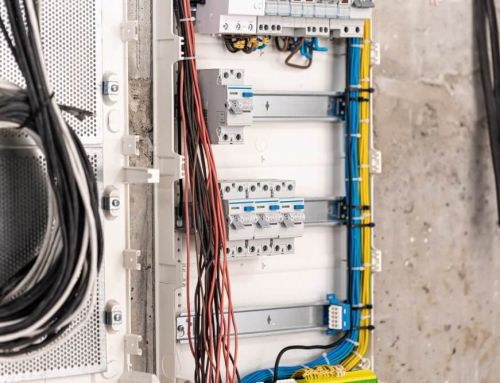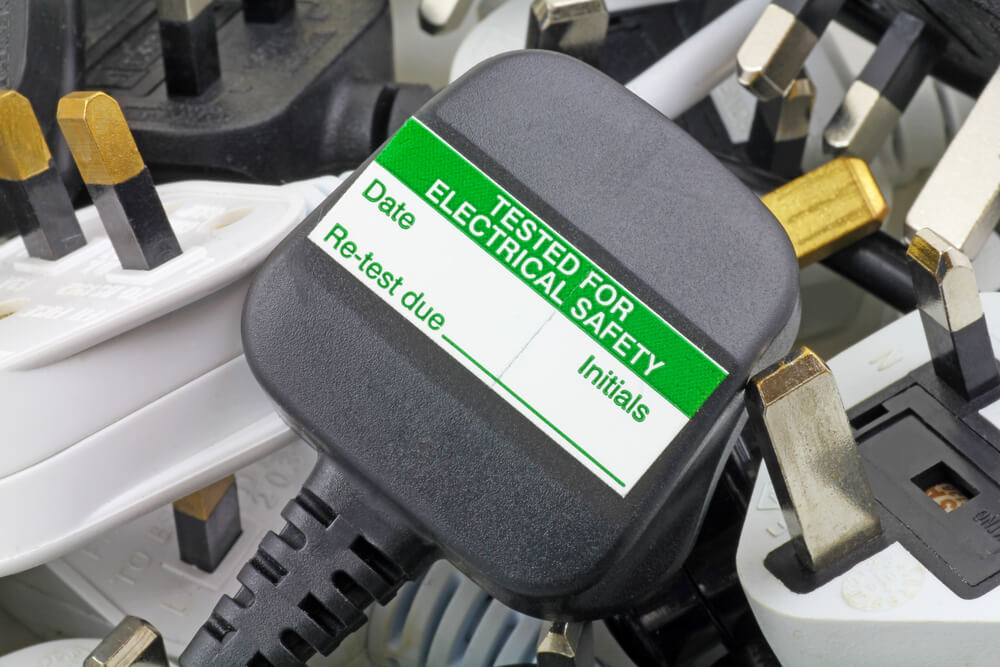
Is Pat Testing a Legal Requirement in the UK?
Is Pat Testing a Legal Requirement in the UK;
Although not required by the UK government, pat testing is considered good practice and helps guarantee your workplace complies with health and safety regulations.
PAT inspection is a process that examines electrical products to guarantee they are secure for use and their earthing conductors can protect against electric shocks. This inspection can be done manually or using specialized testing equipment.
Legality (Is Pat Testing a Legal Requirement in the UK)
Is Pat Testing a Legal Requirement in the UK;
In the UK, PAT testing is not a legal requirement but still considered best practice. This is because it helps businesses and workplaces meet their health and safety obligations by making sure the equipment they use is in working condition.
Additionally, PAT testing can assist businesses and landlords in safeguarding their tenants’ health and safety. For instance, many private landlords require that their properties undergo regular PAT tests by an accredited technician.
Businesses must adhere to a variety of rules and regulations in order to safeguard themselves, their employees, and customers from potential risks. These can range from regular fire safety checks and electrical safety inspections to more stringent requirements.
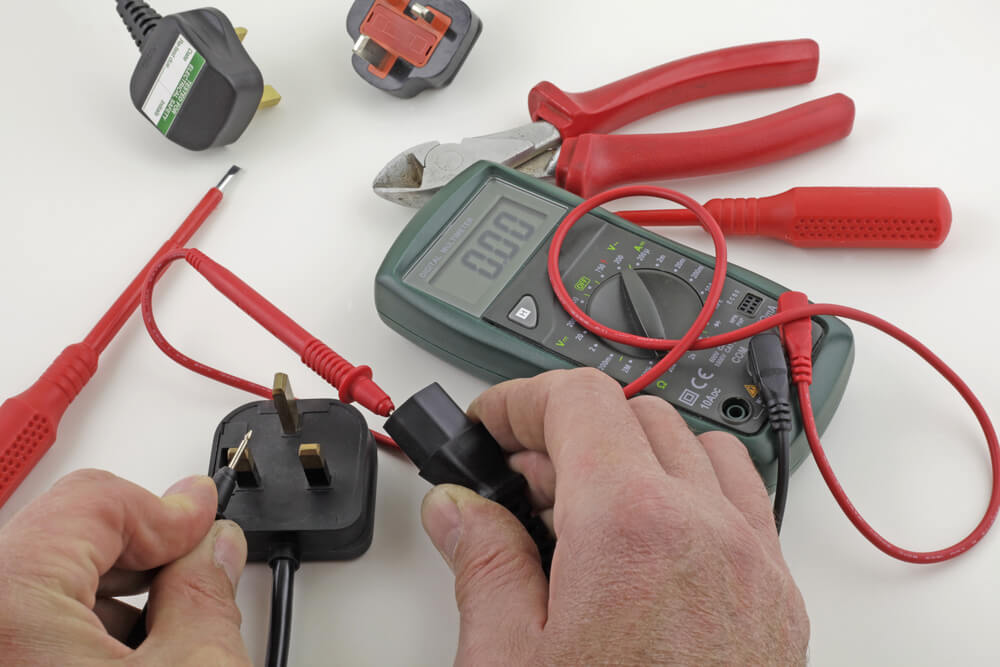
These requirements help keep businesses and landlords safe from any accidents or injuries that could occur if faulty appliances were left unchecked in a commercial setting. Furthermore, they guarantee the condition of the appliances so they’re usable without any issues or complications.
A PAT test involves a visual inspection of the appliance, followed by various tests to check for any faults. Once testing is complete, a certificate will be issued which must be displayed on the device.
Testing should only be carried out by a certified electrician or engineer who possesses the necessary qualifications and experience to do the work safely. These experts can test various appliances, and may offer training courses for individuals wanting to learn how to conduct testing themselves.
Though there is no specific PAT test law in the UK, businesses must still follow certain legal obligations to guarantee their business and premises remain secure. These include upholding a high standard of hygiene, making sure staff receive training for their roles, and preventing any potential damage to property or people.
In addition to these requirements, there are additional laws and regulations that must be observed to guarantee the safety of appliances in commercial settings. These include the Health and Safety at Work Act 1974, Electricity at Work Regulations 1989, and Management of Health and Safety at Work Regulations 1999.
Requirements (Is Pat Testing a Legal Requirement in the UK)
Is Pat Testing a Legal Requirement in the UK;
In the UK, employers and business owners must meet several obligations regarding equipment safety. This includes ensuring all appliances are secure for use and won’t cause harm to people or property.
Under both the Health and Safety at Work Act (1974) and Electricity at Work Regulations 1989, businesses must ensure any electrical items which could pose a danger to workers are kept in working order. This requires regular inspections and testing for compliance purposes.
Testing for electrical safety is required by law and should be done by a certified person. This individual does not need to be an electrician, but they must possess the knowledge and experience needed to carry out this test correctly.
They must also understand the various electrical classes and categories of appliances in order to correctly identify which ones require testing.
When performing PAT tests, there are various methods to choose from; visual inspections and special testing equipment can both be utilized. The type of inspection that is chosen will depend on the risks associated with the appliance and how it’s being used.
For instance, construction sites that pose a greater risk require more frequent PAT testing and specialist equipment to guarantee that appliances are secure for use. They should also document their inspections and results clearly so it’s easy for others to comprehend them.
These tests must be carried out in accordance with relevant legislation and are meant to prevent injuries or fires caused by misused electrical equipment. They can also protect equipment from damage while cutting insurance costs for businesses.
During a PAT test, an inspector will look for signs of frayed wires or other potential hazards that could put workers at risk of injury or property damage. They also test the insulation resistance of appliances to make sure they are in good working order and don’t put anyone at risk of fire or other harm.
The inspector will also produce a report with all of the test results and any recommendations made. This document includes the name of the appliance, its location, current situation, an extensive explanation as to why it passed or failed the test, as well as signature from the tester.
Cost (Is Pat Testing a Legal Requirement in the UK)
Is Pat Testing a Legal Requirement in the UK;
PAT testing is a legal requirement in the UK that guarantees electrical equipment is secure for use. It helps reduce accidents and avoids expensive litigation. Furthermore, it saves you money by extending the life of your appliances – including electrical cables and fuses – over their intended lifespan.
The cost of PAT testing varies depending on the type and level of expertise needed. It’s essential to select a company with an established reputation and successful track record in this area for this service.
Professional PAT testing companies typically charge around PS1 per tested appliance. This fee covers the initial testing, a pass or fail label and any subsequent retest costs.
Before signing any contract with a professional, make sure to get a quote tailored specifically for your requirements. Doing this will enable you to compare prices and find the most advantageous deal available.
Many professional PAT testers provide discounts when you book multiple tests at once, helping you avoid having to pay an excessively large bill.
Some professionals offer repair and replacement services for damaged items, which is an excellent way to get value for your money.
Most professionals will issue a PAT certificate along with every test result and pass or fail label. Unfortunately, these paper-based documents must be stored safely to prevent them from being torn or destroyed.
These certificates are an integral component of any safety audit and can be invaluable to those submitting insurance claims. Furthermore, they serve as evidence that regular safety inspections have taken place at your property.
If you want to conduct a PAT test yourself, it is essential that you invest in the necessary tools and training. Without adequate knowledge, it could result in misreading or failing the test.
Furthermore, ensure your equipment is well ventilated to avoid overheating. Faulty electric equipment can result in serious injuries or fatalities.
Maintaining your electric cables and plugs is essential to prevent dangerous sparks that could result in burns or other injuries.
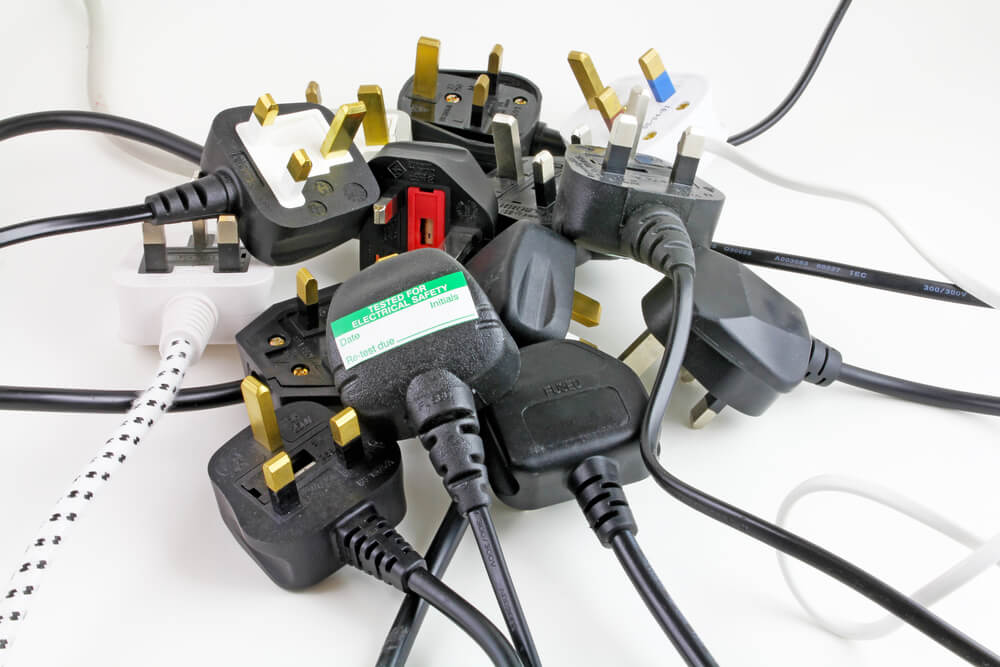
Suitable appliances (Is Pat Testing a Legal Requirement in the UK)
Is Pat Testing a Legal Requirement in the UK;
The legality of pat testing in the UK is determined by legislation that governs health and safety in the workplace. PAT testing involves inspecting electrical equipment within a workplace to guarantee it meets certain standards, prevents any issues for staff or members of the public, and is done legally.
Testing appliances is possible, though their effects depend on their environment. Appliances range from small portable devices to larger stationary items like fridges and washing machines that stay put for their entire lives.
Equipment that doesn’t need testing as often as moveable or handheld items should still undergo inspection at regular intervals. This inspection can be carried out either by an in-house staff member with the necessary training or by a local electrician for professional oversight.
Equipment that is not classified as a portable appliance should be checked by an expert once annually or more frequently in high risk work environments, since their risks are higher than for moveable or handheld type devices.
Due to their higher vulnerability, there is an increased likelihood that these pieces of equipment will sustain damage and become unsafe. For instance, if a hand dryer were to experience any issues it would be unsafe until repaired or replaced.
Furthermore, these types of appliances tend to have a greater risk for fire than portable or handheld ones due to the potential rough handling that could damage their cable and cause an electrical fire.
Due to this, equipment in a business is more prone to failure, which could have catastrophic results. To prevent these outcomes, all electrical equipment in the workplace – whether portable or not – should be regularly tested for functioning.
As part of the testing process, a formal visual inspection should be conducted on all electrical appliances. This is an efficient and secure procedure that quickly detects most issues and should be carried out by someone qualified with relevant training.
PAT testing on commercial premises is also a good idea, you can read more about them on our other blog.
Our Pricing
| Our Electrical Safety Certificate Prices |
|---|
| Studio Apartment £67.99 |
| 1 – 3 Bedroom £81.99 |
| 4 Bedroom £89.99 |
| 5 Bedroom £98.99 |
Check Out Our Other Services
| EICR | Commercial EICR | Emergency Light Certificate |
|---|---|---|
| Electrical Diagnostic | PAT Testing | Fuse Box Installation |
About the Author: LandlordCertificate
Related Posts
Get Social
Recent Posts
- Choosing the Right Consumer Unit for Fuse Box Installation London in Properties
- Electrical Diagnostic London: How Professional Testing Keeps Your Property Safe and Compliant
- Asbestos Management Survey London: Update Your Property Records
- Gas Safety Certificate London: Why Regular Checks Save Money Long-Term
- FRA London Explained: How a Professional Fire Risk Assessment Keeps You Compliant and Safe


